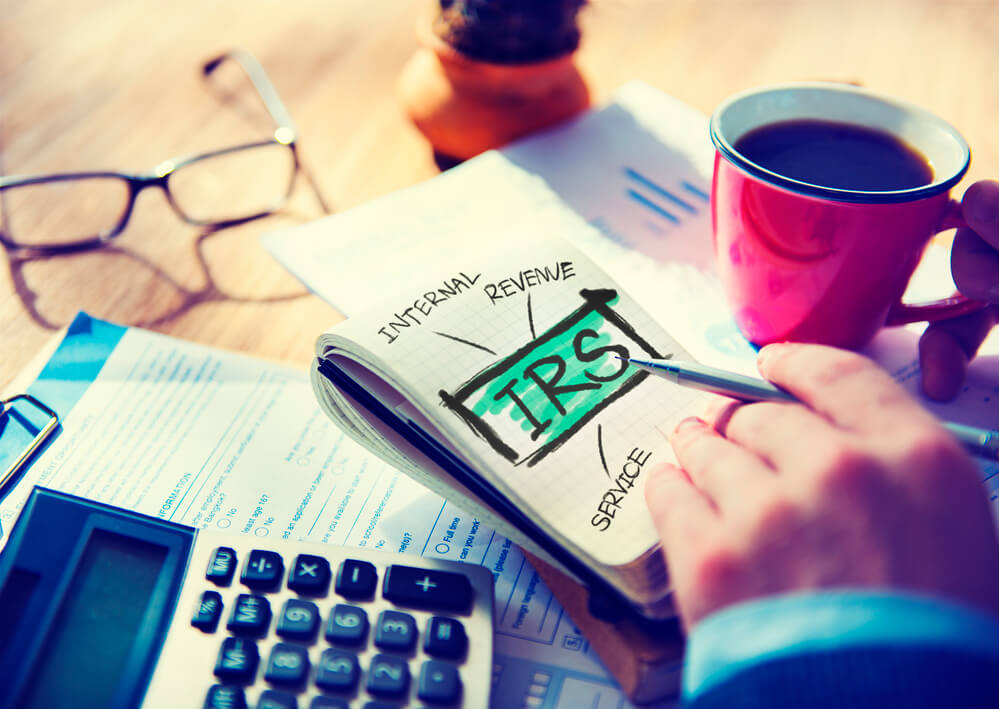Safe Harbor Rules for Certain Real Estate Enterprises
On January 18, the Treasury Department and the Internal Revenue Service issued final regulations and three related pieces of guidance, implementing the new qualified business income (QBI) deduction, which is also known as Section 199A deduction. Click here to view IR-2019-04.
In summary, the IRS Guidance focuses on the following:
- The treatment of previously suspended losses that constitute qualified business income.
- The determination of W-2 wages for 199A deduction purposes.
- Safe harbor rules for certain real estate enterprises that may be treated as a trade or business for purposes of the 199A deduction.
- The determination of the 199A deduction for taxpayers that hold interests in regulated investment companies, charitable remainder trusts, and split-interest trusts.
The first two changes are explained in Part 1 of this 2 Part Article Series. Safe harbor rules for real estate enterprises are explained below.
Safe Harbor Rules for Certain Real Estate Enterprises
Notice 2019-07 outlines safe harbor requirements under which a rental real estate enterprise will be treated as a trade or business for purposes of the Section 199A deduction. Solely for purposes of this safe harbor, a rental real estate enterprise is defined as an interest in real property held for the production of rents and may consist of an interest in multiple properties. The individual or relevant passthrough entity (RPE) relying on this safe harbor must hold the interest directly or through an entity disregarded as an entity separate from its owner and must either treat each property as a separate enterprise or treat all similar properties as a single enterprise. Commercial and residential real estate may not be part of the same enterprise.
In order to satisfy the safe harbor rules, the individual or RPE must do the following:
- Maintain separate books and records to reflect income and expenses for each rental real estate enterprise.
- Perform at least 250 hours or more of rental services per year with respect to the rental enterprise. The term rental services includes advertising to rent or lease the real estate, negotiating and executing leases, verifying information contained in prospective tenant applications, collection of rent, daily operation, maintenance, and repair of property, management of real estate, purchase of materials and supervision of employees and independent contractors. These services may be performed by the owner, employees, agents and/or independent contractors of owners. The term rental services does not include financial or investment management activities.
- Maintain contemporaneous records including time reports and logs of hours, descriptions, dates and the name of the service provider for all services performed. (This requirement is waived for tax years beginning prior to January 1, 2019.)
- Include a statement attached to the return on which the 199A deduction is claimed stating that the safe harbor requirements contained within Notice 2019-07 have been satisfied.
There are two types of rental real estate arrangements that are automatically excluded from taking advantage of these safe harbor rules:
- Real estate used by the taxpayer as a residence for any part of the year; and
- Triple net leases.
If you have questions about Section 199A Regulations, you may contact an MCB Tax Advisor at 703-218-3600 or click here. To review a summary of recent tax news articles, click here. To learn more about MCB’s tax practice and our tax experts, click here.

